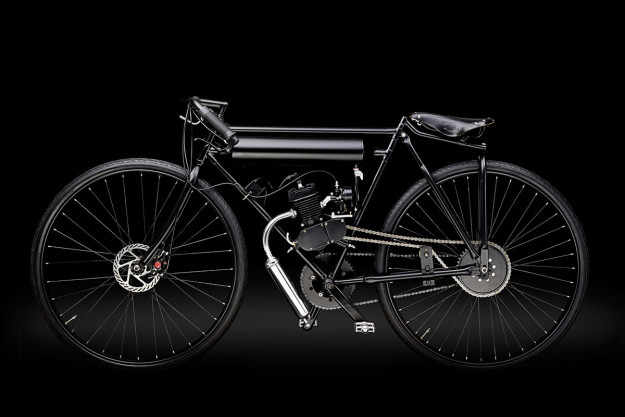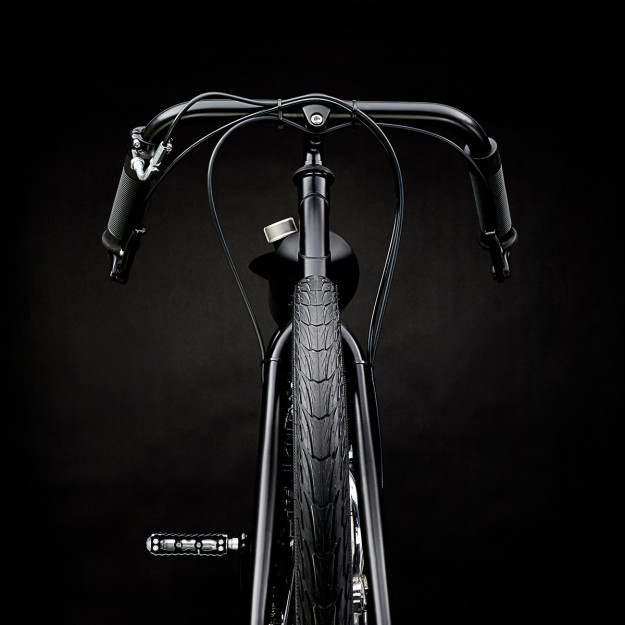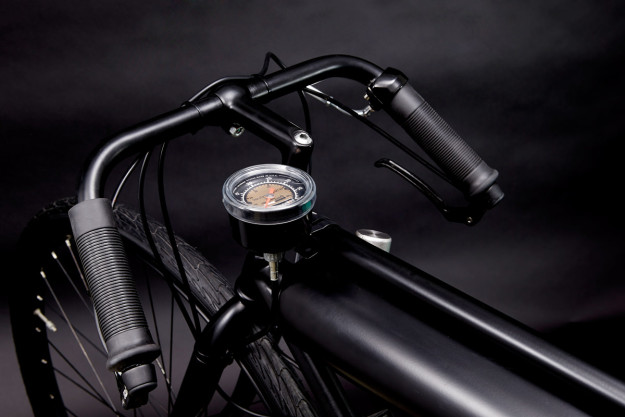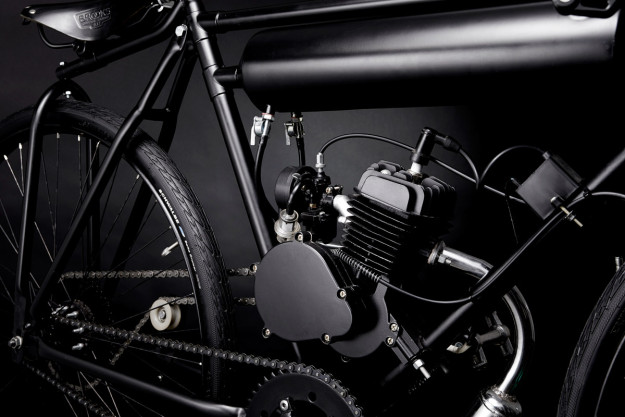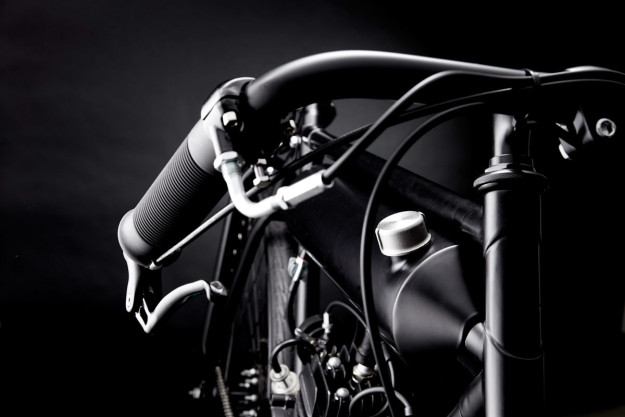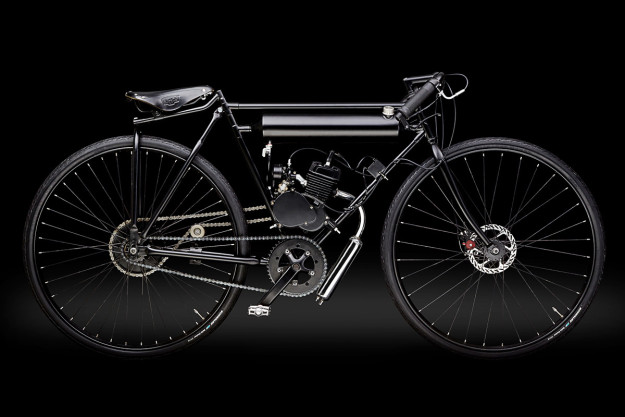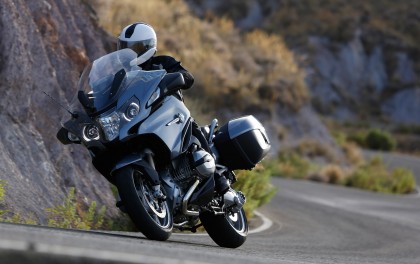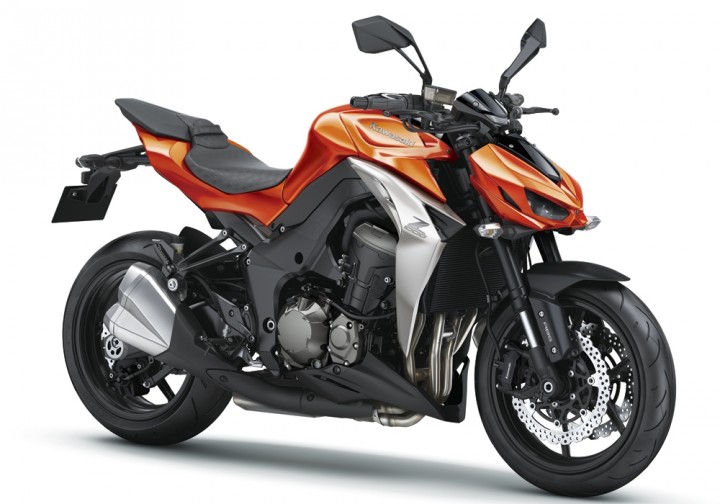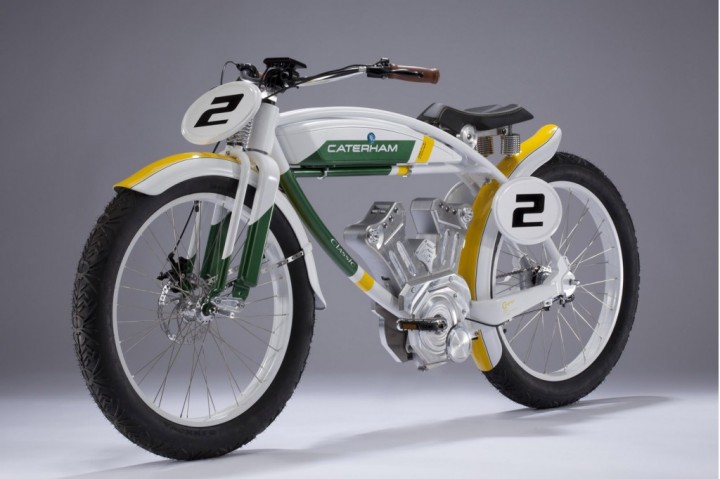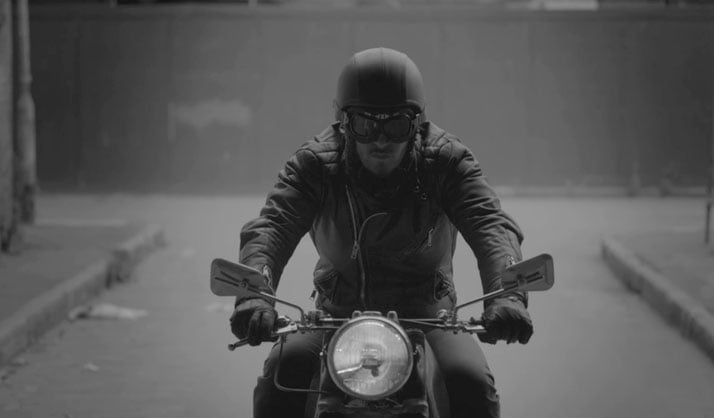Everyone’s got a favorite book on motorcycles. Also, thanks to audio
books and Bluetooth communicators, there’s nothing stopping you from
listening to a story as you ride. Have you ever ridden that stretch of
I-40 from Tucson to Tucumcari? One of these books would have made the
ride better. Here’s five books every motorcyclist should read.
 Hell’s Angels: The Strange and Terrible Saga of the Outlaw Motorcycle Gangs by Hunter S. Thompson
Hell’s Angels: The Strange and Terrible Saga of the Outlaw Motorcycle Gangs by Hunter S. Thompson
In the mid-60s, the father of gonzo journalism spent nearly two years
riding and reveling with the notorious Hell’s Angels. Thompson paints a
vivid portrait of the era, when foreign wars and counterculture
movements were gripping the nation and dividing generations.
Better, Thompson’s first book (published in 1966) is not a
made-for-television family drama. While Hollywood was using melodrama to
popularize and demonize the biker lifestyle, Thompson was documenting
the scene with an exuberance and verve that would ultimately become his
trademark style and, some say, the voice of a generation of writers.
Best, it’s a kick in the head to read.
Sample Quote: “California, Labor Day weekend…early,
with ocean fog still in the streets, outlaw motorcyclists wearing
chains, shades and greasy Levis roll out from damp garages, all-night
diners and cast-off one-night pads in Frisco, Hollywood, Berdoo and East
Oakland, heading for the Monterey peninsula, north of Big Sur…The
Menace is loose again, the Hell’s Angels, the hundred-carat headline,
running fast and loud on the early morning freeway, low in the saddle,
nobody smiles, jamming crazy through traffic and ninety miles an hour
down the center stripe, missing by inches…like Genghis Khan on an iron
horse, a monster steed with a fiery anus….”
 Proficient Motorcycling: The Ultimate Guide to Riding Well by David L. Hough
Proficient Motorcycling: The Ultimate Guide to Riding Well by David L. Hough
Yeah, I know: reading a book to learn how to ride is like watching a
circus to learn how to juggle. Still, there’s a lot to be gleaned from
those who have been there and done that. And few have been further and
done more than legendary motojournalist David L. Hough.
Culled from his renowned column of the same name that ran for years
in Motorcycle Consumer News, the lessons in this book make for a
thorough primer for the beginning rider.
If you’ll indulge me an anecdote: When I first started in motorcycle
journalism, as an assistant editor at a national magazine (with regional
distribution; go figure), a copy of Proficient Motorcycling was one of
the first items of swag I was gifted. As my colleagues were trying on
brand new gear and planning sponsored trips to exotic locales, “Oh
goodie,” I remember thinking. ”A book.” Here I was, stuck in the cubicle
with a copy of Proficient Motorcycling and the only demo the boss
would, at that point, let me ride: a 250cc cruiser. Yet, between that
bike and others, I became a pretty good motorcyclist that summer.
Granted, there’s likely nothing in here an experienced rider
shouldn’t already know. But, if you’ve got a newbie on your Christmas
list, here’s a fine, fine gift idea.
Sample quote: “Personally, I’m not willing to gamble
my life that the blind curve ahead isn’t blocked by a fallen tree,
logging truck, or wandering horse.”
 Ghost Rider: Travels On The Healing Road by Neil Peart
Ghost Rider: Travels On The Healing Road by Neil Peart
If you’re a music fan and you’re reading RideApart, then you’re probably
familiar with the heartbreaking story of Neil Peart, the drummer and
lyricist for legendary Canadian prog-rock trio Rush.
In a 10-month period, Peart’s 19-year-old daughter, Selena was killed
in a car accident and his wife Jackie died of cancer. In an attempt to
sort out the tragedy, he set out on his GS from his home near Toronto
for a head-clearing ride to
Alaska.
Problem was, by the time he arrived his head was (understandably) still
muddled, bitter and angry. So he kept riding and writing, down the
western half of the U.S., through Mexico to Belize and back again. Ghost
Rider is the moving, heart-rending document of that trip.
The story has a happy ending; Peart is still the drummer for Rush,
but is also now the author of several books and hosts a rather
entertaining (strictly FFO) website,
NeilPeart.net.
Unlike most other classic rock bands who every other year seem to trot
out yet another “farewell” tour, Rush is still playing and recording
original music.
Sample Quote: “I used to think, ‘Life is great, but
people suck.’ But now I’ve had to learn the opposite: ‘Life sucks, but
people are great.’”
 Shop Class as Soulcraft: An Inquiry Into the Value of Work by Matthew B. Crawford
Shop Class as Soulcraft: An Inquiry Into the Value of Work by Matthew B. Crawford
There’s an anecdote in Matt Crawford’s paean to skilled manual labor
where he tells the story of a guy with a leaky faucet. The man calls a
plumber and, when the hulking giant gets on his hands and knees and
sticks his head under the sink, sure enough the infamous plumber’s
buttcrack appears. The man and his wife joke about it — until they get
the repair bill.
“Everyone laughs about plumber’s crack,” Crawford writes (and I
paraphrase). “But amid all the laughter, no one stops to think about why
this supposed cretin makes eighty bucks an hour.”
For anyone who’s ever felt hustled first to college then into the
cubicle, Shop Class as Soulcraft seeks to restore the honor of the
manual trades. Those of us who sit in an office often feel a lack of
connection to the material world, and find it difficult to say exactly
what we do all day.
Crawford points at the advent of the assembly line in the early 20th
century and the separation of Thinking from Doing — or, as he puts it,
“the work of the hand from that of the mind” — and explains how, because
each is reliant on the other, that division saps individual
accomplishment from the work being done.
If it sounds convoluted, it can be; at times the book admittedly
reads like a Master’s Thesis. But here’s the best part, Crawford is a
motorcycle mechanic, and he uses examples based on his own experience to
illustrate his points.
Shop Class As Soulcraft changed the way I think about work, and I’m
guessing it will for anyone who’s wrenched in the garage till long after
midnight and still dreads going to the office in the morning.
Sample Quote: “We’re not as free and independent as
we thought. Street-level work that disrupts the infrastructure (the
sewer system below or the electrical grid above) brings our shared
dependence into view. People may inhabit very different worlds even in
the same city, according to their wealth or poverty. Yet we all live in
the same physical reality, ultimately, and owe a common debt to the
world.”
 Jupiter’s Travels by Ted Simon
Jupiter’s Travels by Ted Simon
If you haven’t red this yet, you should now. In a world filled with
boastful around-the-world-on-a-bike books, Jupiter’s Travels was among
the first and remains one of the best.
In it, Simon recounts 78,000 miles through 45 countries on a 1973,
police-spec ,Triumph Tiger T100P, traveling down the length of Africa,
north through South and Central America to California. Then he went
around Australia and rode overland from Singapore to Europe, planting
rugged dreams in the minds of two-wheeled travelers everywhere. You can
ask Ewan and Charley: without Jupiter’s Travels, there would have been
no Long Way Round/Down.
Since first being published in 1978, the book has sold nearly 500,000 copies and spawned the
Ted Simon Foundation, a non-profit organization that supports the adventures of overland travelers through resourcing and assistance.
Sample Quote: “I am learning, as I make my way
through my first continent, that it is remarkably easy to do things, and
much more frightening to contemplate them.”
First published on
rideapart.com
